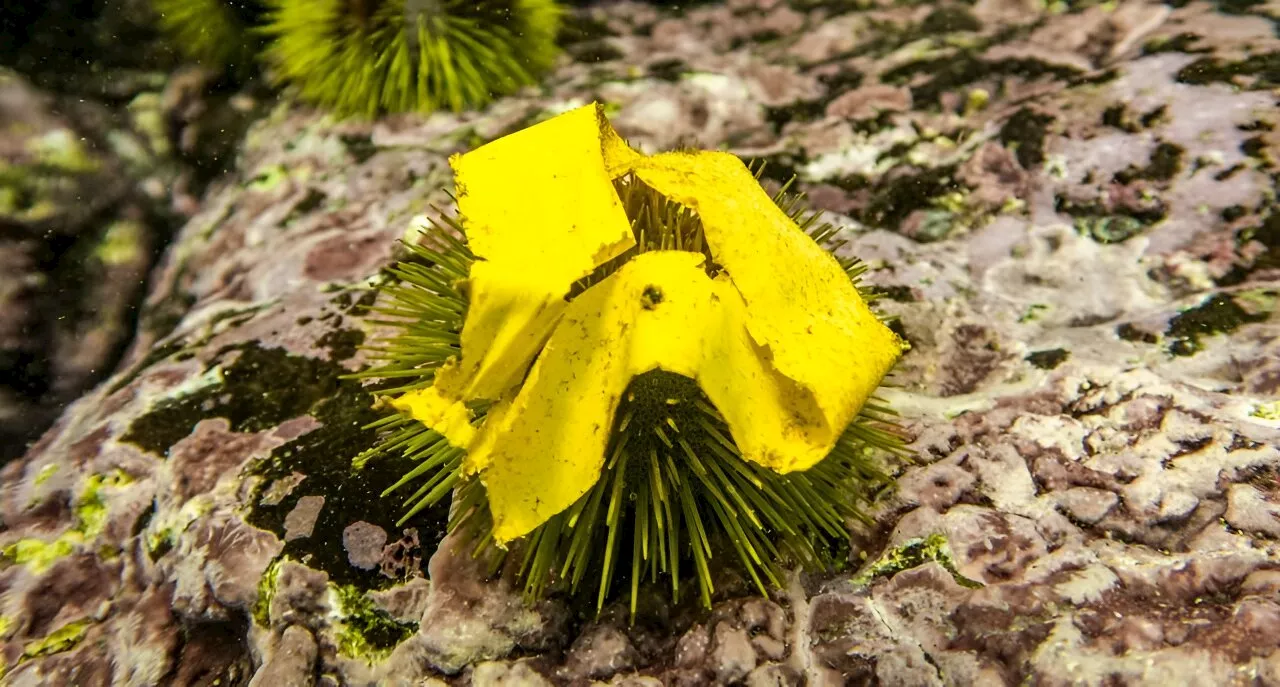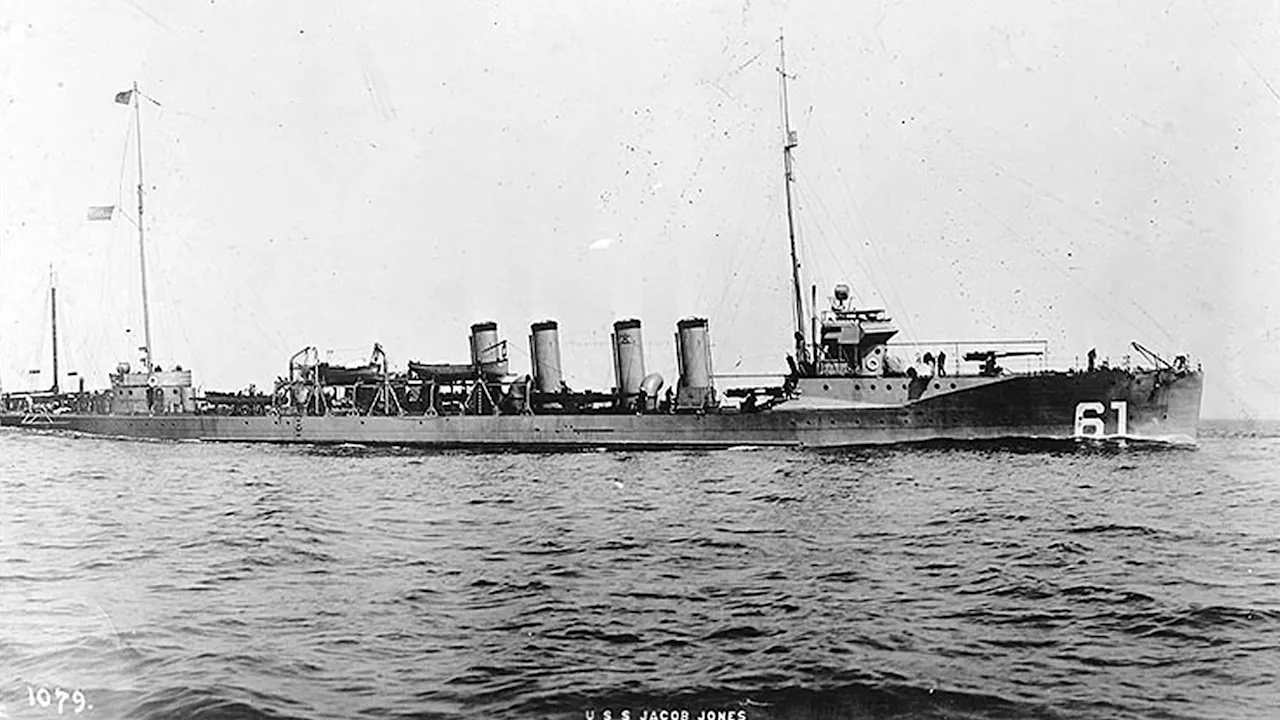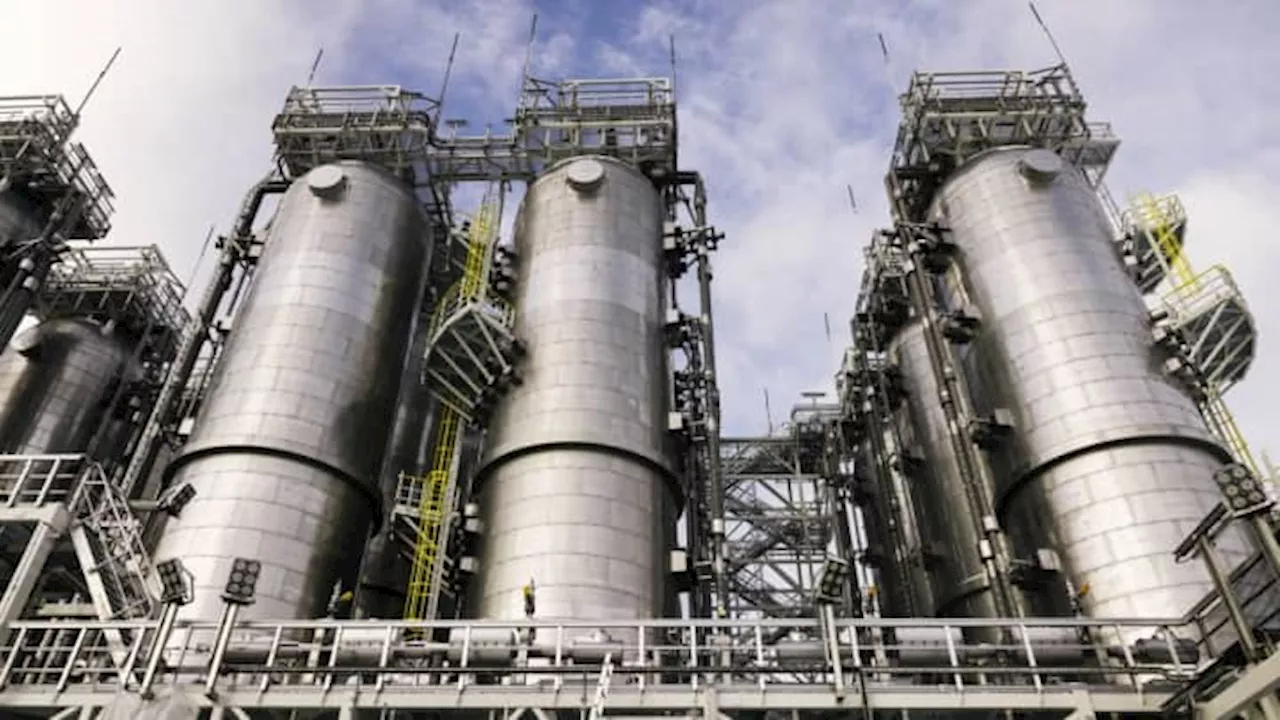No 1 source of global mining news and opinion
A marine scientist has emerged as a new candidate to lead the International Seabed Authority. If elected, she could represent a shift in how the UN-affiliated organization that regulates deep sea mining operates. It’s a high-stakes year for the nascent industry, as pressure mounts on the ISA to finalize mining regulations and as more countries focus on shoring up their supply of critical minerals used to make electric vehicle batteries and other technologies.
The choice of the next secretary-general could have significant economic and environmental consequences for deep sea mining, if regulations are ultimately approved. The ISA’s charter gives the person in that role authority over the Secretariat’s operations and its dealings with mining companies. Since member states usually only meet twice a year, the secretary-general would handle day-to-day decisions about how to respond to a mining accident, for example.
Greenpeace and other accredited ISA observers haven’t taken a position on Carvalho’s candidacy. “As the regulator of deep sea mining, the head of the ISA — as well as all its members — need to focus on what is threatening the oceans and take action to stop these threats,” Louisa Casson, a Greenpeace deep sea mining campaigner, said from ISA headquarters in Kingston, Jamaica.
There are already signs that the US may be keen to follow in the footsteps of countries like Norway, which in January approved seabed mining exploration in its territorial waters to lessen dependence on China, contravening the advice of government scientists. In the US, Congress included a provision in its most recent defense budget that requires the Pentagon to issue a report on the nation’s capacity to process seabed minerals.
At the ISA’s meeting this month, tensions may flare with another accredited observer: Greenpeace, whose activists last year boarded and occupied a ship conducting scientific research for a TMC subsidiary in the Pacific Ocean. After that subsidiary sued Greenpeace, a Dutch judge ultimately ordered the activists to leave the vessel, but preserved their right to protest alongside it.The incident underscores the role of the secretary-general in handling disputes.
If regulations are greenlit, TMC would likely be the first company to mine the seabed. One of the company’s ISA contracts is sponsored by the tiny Pacific island nation of Nauru, which in 2021 triggered a provision requiring the ISA to enact mining regulations by 2023. The ISA missed that deadline, and so must start accepting applications.
United Kingdom Latest News, United Kingdom Headlines
Similar News:You can also read news stories similar to this one that we have collected from other news sources.
 Interstellar Material Found on Ocean Seabed Has Local Origin, Study SaysA new study challenges the claim that interstellar material found on the ocean seabed has an extraterrestrial origin. The study analyzes the composition of iron-rich spheres discovered near Papua New Guinea and concludes that they have a more local origin.
Interstellar Material Found on Ocean Seabed Has Local Origin, Study SaysA new study challenges the claim that interstellar material found on the ocean seabed has an extraterrestrial origin. The study analyzes the composition of iron-rich spheres discovered near Papua New Guinea and concludes that they have a more local origin.
Read more »
 Interstellar Material Found on Ocean SeabedA new study challenges the claim that interstellar material was found on the ocean seabed, suggesting a more local origin for the discovered material.
Interstellar Material Found on Ocean SeabedA new study challenges the claim that interstellar material was found on the ocean seabed, suggesting a more local origin for the discovered material.
Read more »
 Level of microplastic in seabed creatures depends on location and how they feed, finds studyThe 'burden' of plastic within animal species recovered from the seafloor has given scientists a new insight into the environmental risk associated with plastic.
Level of microplastic in seabed creatures depends on location and how they feed, finds studyThe 'burden' of plastic within animal species recovered from the seafloor has given scientists a new insight into the environmental risk associated with plastic.
Read more »
 Illegal Trawlers Are No Match for Undersea SculpturesTrailing weighted nets across the seabed wrecks fish stocks and kills carbon-capturing seagrasses—but one fisherman’s sculpture project has turned the tide.
Illegal Trawlers Are No Match for Undersea SculpturesTrailing weighted nets across the seabed wrecks fish stocks and kills carbon-capturing seagrasses—but one fisherman’s sculpture project has turned the tide.
Read more »
 WW1 USS Jacob Jones’ bell raised after over 100 yearsAfter over 100 years of lying on the seabed of the coast of England, the bell of the destroyer USS Jacob Jones has finally been recovered.
WW1 USS Jacob Jones’ bell raised after over 100 yearsAfter over 100 years of lying on the seabed of the coast of England, the bell of the destroyer USS Jacob Jones has finally been recovered.
Read more »
 The North Sea could become a 'central storage camp' for carbon waste. Not everyone likes the ideaNorway's government wants to show the world it is possible to safely inject and store carbon waste under the seabed.
The North Sea could become a 'central storage camp' for carbon waste. Not everyone likes the ideaNorway's government wants to show the world it is possible to safely inject and store carbon waste under the seabed.
Read more »
